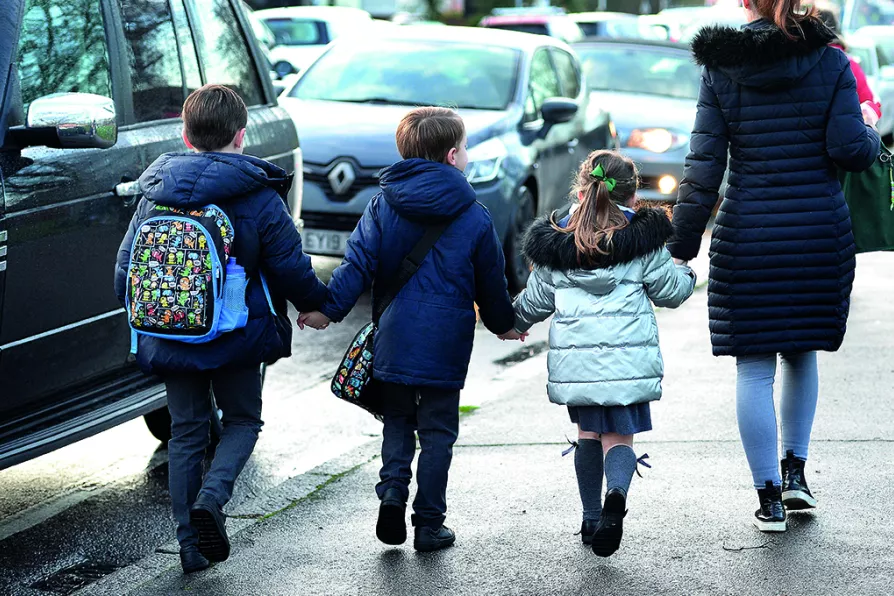Channel 4’s Dirty Business shows why private companies cannot be trusted with vital services like water, says PAUL DONOVAN
A truly civilised society would not allow children to live in poverty
To ensure no child is left behind, the NEU making a series of calls upon the government. Joint general secretary KEVIN COURTNEY explains


THE spotlight that was shone on poverty during Covid-19 is not something we can forget or brush to one side.
With schools and colleges returning this month, education is returning to some sort of normality.
What has not changed is the way that poverty is impacting on the education and life chances of far too many children and young people.
Similar stories

Campaigners urge government to roll out universal free school meals













